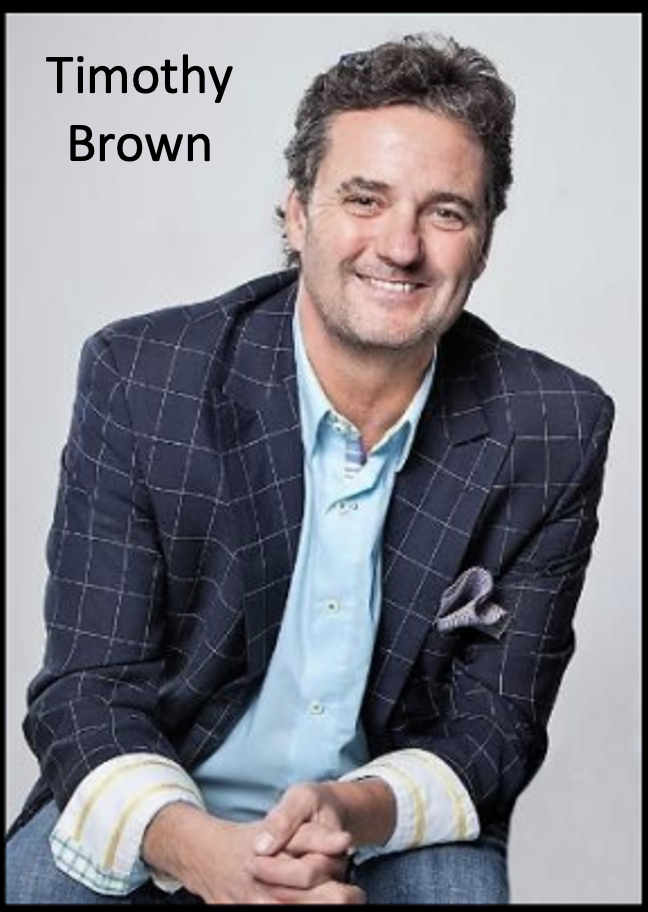Greetings everyone,
The post below, which Timothy Brown wrote, is intended for dentists but it would apply to most business people. It will make you think. Enjoy.
Milan
_________________________________________________________________________________
Freedom from Ownership – how one dentist sold everything to see the world!
As the hull crashed down for the third time, we realized that this was not going to be an ordinary boat trip. Heavy gales across Tasmania the day before had resulted in 4 meter swells and we were headed straight into them. Ginger tablets had been handed out in anticipation of the rough seas, but the very experienced captain reassured everyone that ‘this was nothing’. We forged onwards in our floor length waterproof coats towards the beginning of the Southern Ocean (with nothing but open water until Antarctica), and I was struck at how life often leads us down paths that we never could have imagined. While the other two tour boats had turned around for calmer waters, we continued (uncomfortably) into what felt like the full magnificent force of Mother Nature.
From this excursion at the ‘bottom of the world’, to living overseas, to being the only two people spending an afternoon with elephants at a sanctuary in Thailand, to celebrating my 50th birthday walking the West Highland way in Scotland, the past two and a half years have been filled with life changing experiences and……
Freedom.
Don’t get me wrong – I loved being a dentist, but when I received an eye-opening (yet very treatable) diagnosis five years ago, it was thrust upon me to make decisions for the benefit of my long-term health and the well-being of my family. Proper planning gave me the option to continue practicing as I was, modify my professional and personal lifestyle, or look very carefully at my bigger picture and realize that the pressure of even pre-pandemic dentistry was not agreeing with me.
I did receive a very useful critical illness insurance payout, but that did not impact the final decision. What made the biggest difference was a full understanding of what my biggest asset was worth. Shortly after paying off the practice (which was a magical day!), and at the behest of my accountant, I engaged ROI Corp. to perform an appraisal as a means of long-term financial planning. Tim Brown even stopped at the practice on his way north and gave his initial assessment. In my mind, I had a rough idea of the practice value based on the purchase price ten years earlier, consistent growth, and some rough guidelines for practices a couple of hours outside of the GTA. I couldn’t have been more wrong. The practice was appraised at double my high-end estimate, and the information provided tremendous insight into the operating efficiency (or lack thereof). Even better, a few simple changes added more than six figures to the total.
I also considered that the practice itself was a large source of capital, but not easily accessible. For years, my accountant had sung the praises of other clients who were funding private mortgages and enjoying a consistent return (in the form of monthly passive income) of 7-10%. The details of that can be saved for another article, but ultimately after plenty of thought, my wife and I chose to liquidate our assets, greatly simplify our lives, and move overseas to see the world. With greatly reduced expenses, almost all of our income was disposable which allowed for frequent travel at a variety of ‘star’ levels. Having recently returned to Canada for some new challenges, we are still enjoying a lifetime of memories (many photographs to organize) and a wealth of world experience garnered from stepping out of our collective comfort zone. Now getting back to the concept of freedom – this can mean a lot of different things. I don’t begin to suggest that world travel is the only form of freedom a dentist might seek – it could be continuing to practice without the pressure of managing the office, or it could be picking up a new hobby, or diving into an existing one. Whatever the dream might be, it is probably more attainable than you realize. Relying only on the passive income to fund our new lifestyle, two plus years overseas visiting more than 30 countries and a 9-week trip around the world, had a negligible impact on our net worth (down no more than 3%). Information is power!
In Closing, Timothy A. Brown, CEO of ROI Corporation adds this:
I have met and spoken with many dentists who, after selling, had this to say: “I wish I had done it sooner.”
A common thread is that they held on too long. Why?
- Their Ego told them to be a responsible owner and to be a success.
- Their advisory circle told them to ride out the lows and to be a winner!
- Their finances held many to the daily grind.
- They could not face the loss of control over their income.
This list goes on… Just ask Drew Markham. He sold young, travelled and his story should reach you if you feel any stress or anxiety from ownership.
Freedom comes at a price – but Freedom need not be expensive!


